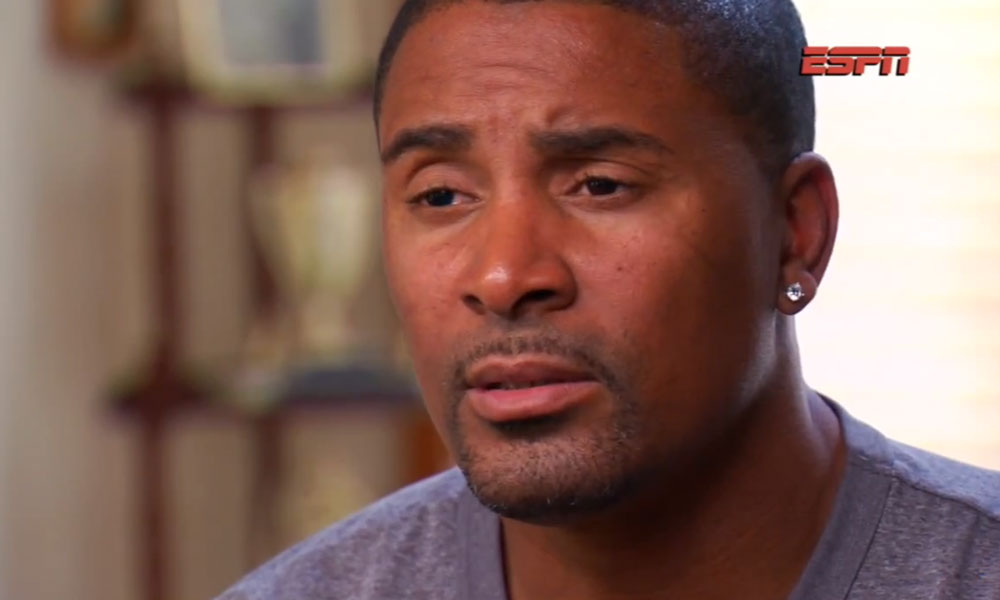
College Athletes’ Group Speaks Out on Rutgers Coaching Scandal
After video surfaced of Rutgers basketball coach Mike Rice physically and verbally bullying his players during a recent practice, one of the loudest voices condemning his abusive style of coaching is the National College Players Association.
The NCAA championship game is tonight, but it’s a college basketball program that won’t be represented on the court that has picked up the headlines in recent days.
Since the firing of Rutgers coach Mike Rice last week after a video surfaced documenting his abusive behavior toward players, the scandal has widened and threatens the job of university President Robert Barchi.
The NCAA has no rule that says a physically abusive coach can no longer coach. But a player fleeing an abusive coach is penalized one year of eligibility. There is a vast difference in terms of basic protection.
The National College Players Association (NCPA), which looks out for the interests of college athletes nationwide, has played a major role in the wake of the incident, speaking out for players at Rutgers and nationwide.
More details:
http://www.youtube.com/watch?v=0wZ3z0HeLq4
What happened? A few months ago, reports of Rice abusing players surfaced and were confirmed by a now-infamous video showing the coach throwing balls at players and using profanity and homophobic slurs. Initially, he was suspended for three games by Rutgers Athletic Director Tim Pernetti and fined. The video, shot by fired player development director Eric Murdock, surfaced last week as the result of an ESPN report (shown above) and interview with Murdock discussing the case. In the wake of the report going viral, Murdock sued the university, though he faces an FBI investigation on possible extortion allegations.
The association’s reaction: As the story spread, the NCPA called for the firing of Pernetti and Barchi. (Since the April 3 press release, Pernetti has resigned.) The group is also pressing the NCAA to give players more options in the case of abuse by athletic program staff. Speaking to The Washington Post, NCPA President Ramogi Huma said in cases like these the schools hold the upper hand. “This coach was given a slap on the wrist behind closed doors,” he said. “The NCAA has no rule that says a physically abusive coach can no longer coach. But a player fleeing an abusive coach is penalized one year of eligibility. There is a vast difference in terms of basic protection.” The NCAA rule Huma cites is the one allowing players to transfer from one school to another; football and basketball players must spend a year in residence before joining the team to “ensure that their transfer was motivated by academics as well as athletics.”
Could the president resign? NCPA says Barchi should step down because he was reportedly aware of Rice’s misconduct last fall but did not push for a more severe punishment. A group of 13 faculty members has joined the call for his resignation, but it’s not entirely clear whether Barchi will follow Pernetti’s suit. One supporter in Barchi’s corner is New Jersey Gov. Chris Christie, who said in a press conference on Monday, “The people who are responsible for this conduct have been dealt with. I think we need to move on.”
The NCPA represents 17,000 members—current and former athletes—from 150 Division I universities nationwide.
Eric Murdock, the whistleblower in the Rutgers coach misconduct scandal. (YouTube screenshot)






Comments